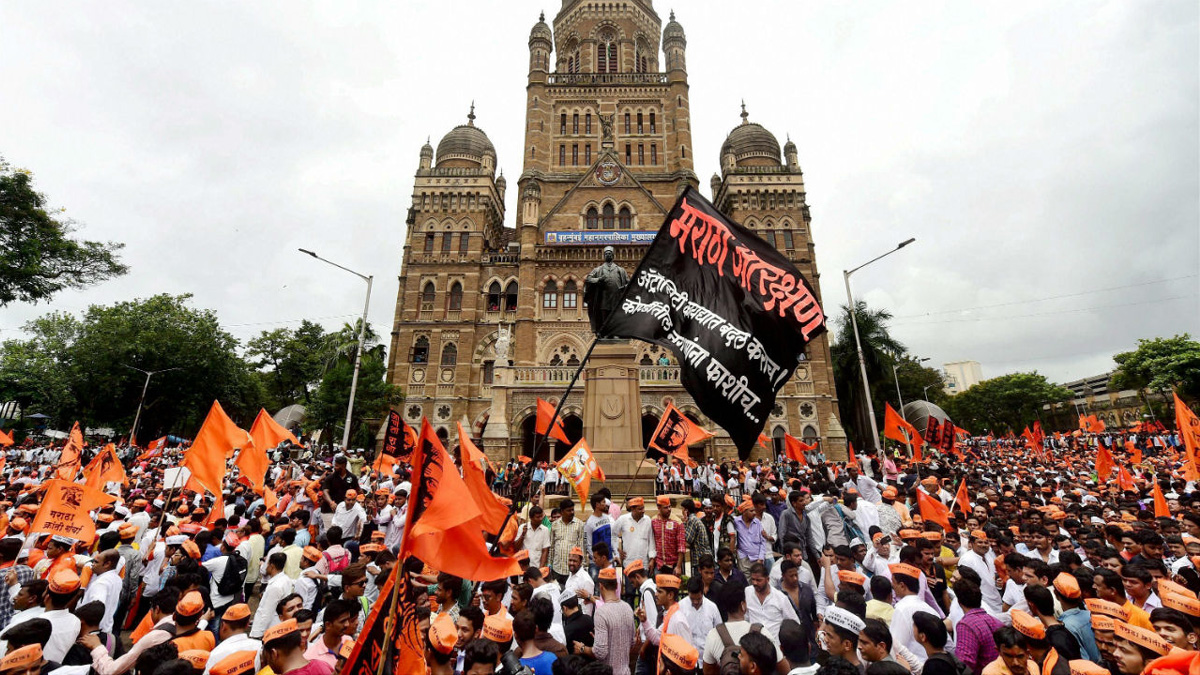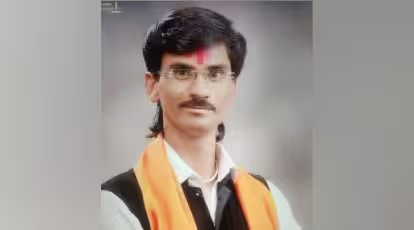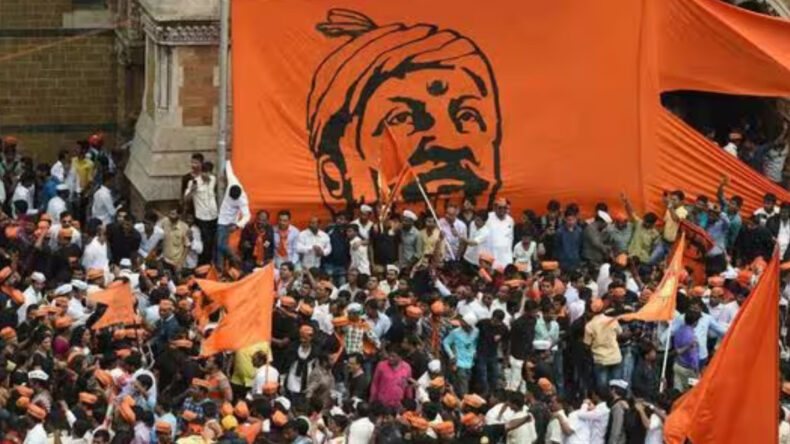
Maratha Protesters Demand OBC Status, Refuse to Cross 50% Reservation Limit.
In an ongoing standoff between the Maharashtra government and Maratha protestors, a crucial meeting between government ministers and agitators ended without a resolution yesterday. The protesters, led by Manoj Jarange-Patil, have reiterated their demand for Marathas in Marathwada to be officially recognized as Other Backward Classes (OBCs), asserting that they are already part of the OBC list. They vehemently oppose any concerns about breaching the 50% reservation limit, citing their position as number 83 on the OBC list.
The Maratha community has long been advocating for reservation in government jobs and educational institutions. The origins of this struggle trace back to a protest held 32 years ago by Mathadi Labour Union leader Annasaheb Patil in Mumbai. Since 1981, Maratha reservation has remained a prominent issue in Maharashtra’s political landscape, sparking mass protests and unrest. Despite its political dominance by Marathas, the state has grappled with finding a lasting solution to this complex issue over the past six decades.
Tensions escalated last week when police resorted to lathicharge against Maratha protesters, sparking outrage across the state. Opposition leaders rushed to the protest site in Ambad tehsil of Jalna, accusing the government of using excessive force. In response, Chief Minister Eknath Shinde suspended the Superintendent of Police and sent him on leave. Deputy Chief Minister Devendra Fadnavis, who oversees the Home department, issued an apology on behalf of the government amidst demands for resignations.
To address the ongoing protests, the government convened a meeting of the cabinet sub-committee on Maratha reservation this week. The committee, tasked with evaluating the feasibility of granting OBC status to Marathas in Marathwada, was instructed to submit its report within a month. A delegation of ministers attempted to persuade Jarange-Patil to end his hunger strike, citing the forthcoming committee report. However, he declined and insisted on giving the government a four-day ultimatum to act.

Jarange-Patil emphasized that apart from Marathas in Marathwada, Marathas from Vidarbha, Konkan, and North Maharashtra have already been granted OBC status. He firmly stated, “There is no need for extra time as everything is crystal clear,” refusing to end his fast and expressing his willingness to sacrifice his life for the cause.
State Minister Dhananjay Mahajan expressed the government’s receptiveness to the protesters’ demands. He stated, “It will take around 15-20 days to find a solution. We are concerned about your (Jarange-Patil) health. I want to assure you that even though we have given a month’s time, we aim to expedite the process. The committee has been instructed to hold daily meetings to resolve the matter.” Mahajan also mentioned that they would discuss Jarange-Patil’s four-day ultimatum with the Chief Minister, as they were uncertain if the task could be completed within that time frame.
Mahajan further pointed out that the Fadnavis government had already provided reservation to Marathas, despite the demand being pending for many years. The government’s commitment to addressing the issue remains steadfast, even as the protests continue to simmer across the state.
Conclusion:
The standoff between the Maharashtra government and Maratha protesters underscores the deep-rooted complexities surrounding the issue of reservation and OBC status. The Maratha community’s long-standing demand for reservation in government jobs and educational institutions reflects a persistent struggle that has spanned decades.
The recent escalation of tensions, including the use of force by the police, has only intensified the demands for justice and recognition.As the government forms committees and discusses potential solutions, the fate of the Maratha reservation issue remains uncertain. The protesters, led by Jarange-Patil, remain resolute in their stance, unwilling to compromise on their demand for OBC status and challenging the 50% reservation limit.
The coming days will likely see continued negotiations, political discussions, and efforts to find common ground. In this highly charged atmosphere, both the government and the protesters must consider the long-term implications of their actions and work towards a resolution that benefits all stakeholders in Maharashtra. Only through dialogue, empathy, and a commitment to justice can a lasting solution be reached in this decades-old struggle for Maratha reservation.












